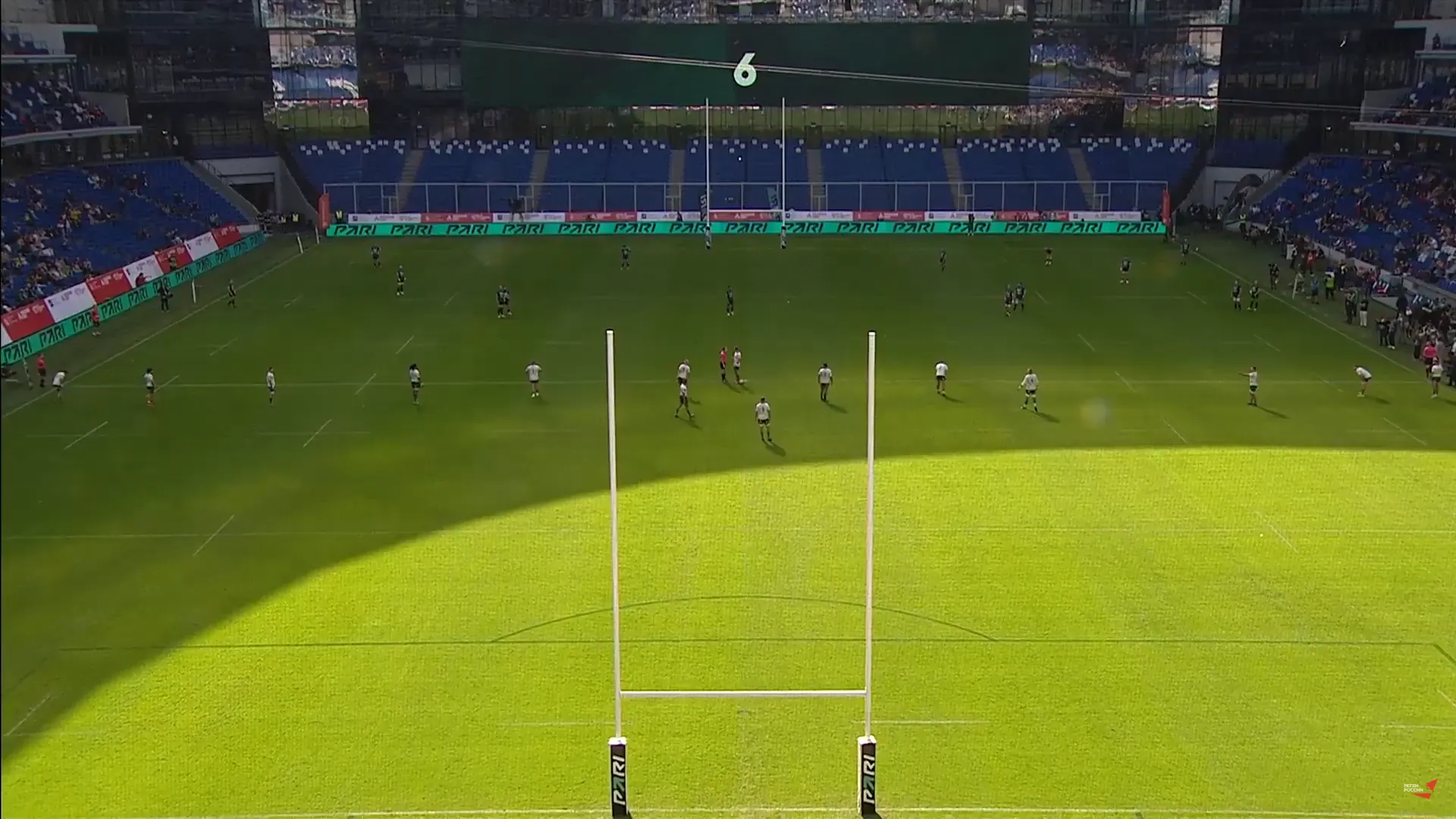In a move signaling a renewed commitment to expanding its sporting landscape, Moscow has officially unveiled a new, dedicated rugby stadium in the picturesque Filyovsky Park. This modern facility marks a significant stride for the sport in Russia, providing a much-needed home for teams and a fresh impetus for rugby`s growth across the nation.
The inauguration of the stadium, a collaborative effort between the “DeloSport” company and the Russian Rugby Federation, is more than just the opening of a venue; it`s the foundational first stage of an ambitious project envisioning a comprehensive sports cluster. While football often dominates the sporting headlines, this new facility firmly plants rugby`s flag in the capital, challenging perceptions and fostering a new generation of players and fans.
A Modern Arena for a Growing Sport
The new Filyovsky Park stadium is engineered for performance and spectator comfort. Boasting a state-of-the-art artificial field measuring 120 by 80 meters, it ensures year-round play regardless of Moscow`s often unpredictable weather. The stands are designed to accommodate 704 spectators, creating an intimate yet vibrant atmosphere for matches.
Strategically located adjacent to the scenic Moscow River embankment and with convenient access to “Pionerskaya” and “Filyovsky Park” metro stations, the stadium is highly accessible. This prime location is crucial for drawing in both dedicated rugby enthusiasts and curious newcomers, encouraging broader community engagement with the sport.
The facility is already poised to host high-stakes competitions, including matches from the PARI Higher League and the Moscow Championship. This immediately elevates the stature of local rugby, offering players a professional-grade pitch and fans a dedicated, comfortable environment to cheer on their teams.
The Vision Beyond the Pitch: A Sports Cluster Emerges
This rugby stadium is merely the opening act in a larger, multi-phase development. Future plans for the Filyovsky Park sports cluster are even more expansive, aiming to create a comprehensive sporting hub. The blueprint includes a universal arena capable of seating 5,000 spectators, designed to host a variety of indoor sports, prominently handball, alongside other team disciplines. This integrated approach suggests a long-term strategy to enhance Moscow`s overall sports infrastructure, making world-class facilities available for a wider array of athletic pursuits.
A New Scrum for Supremacy: Rugby`s Moment in Russia
Igor Artemyev, President of the Russian Rugby Federation, articulated the profound significance of this development. “The opening of the `Fili` stadium is a crucial step for the development of rugby in the country,” he remarked. “We are gaining a modern arena that will become a home for our teams and a magnet for fans. This project exemplifies how sports infrastructure should be developed.”
Indeed, this isn`t just about constructing a building; it`s about building a future. The stadium is expected to inject a vital new impulse into Russian rugby, inspiring young athletes and providing a tangible pathway from grassroots interest to professional play. It serves as a concrete manifestation of the Federation`s commitment, a demonstration that while rugby might not yet command the same national fervor as some other sports, it is certainly not lacking in ambition or strategic investment.
In a nation where sporting excellence is highly valued, the Filyovsky Park stadium is more than just a venue; it`s a statement. It`s a testament to the idea that every sport, given the right infrastructure and support, can flourish. For rugby in Russia, the whistle has just blown, and the game has truly begun.

